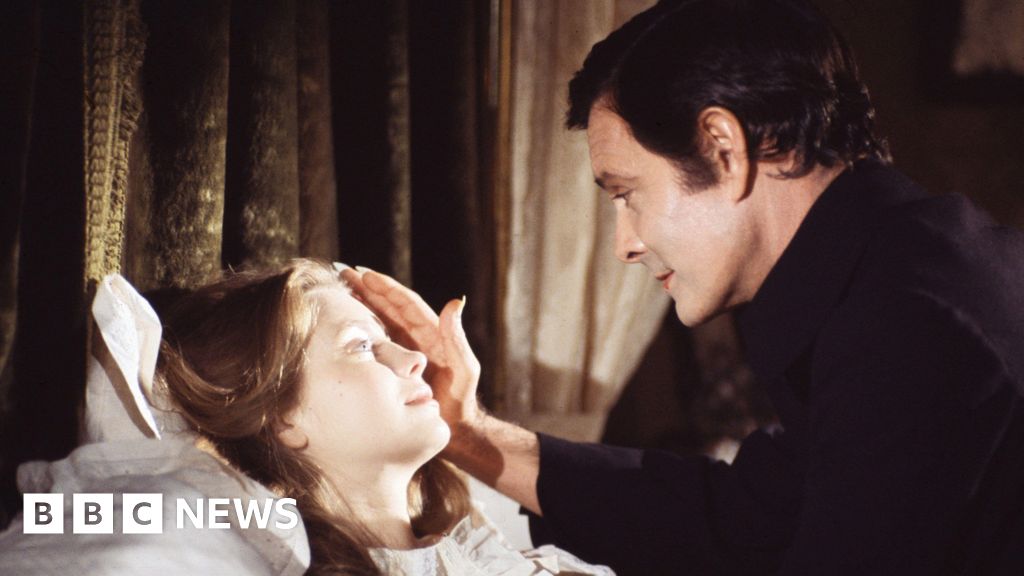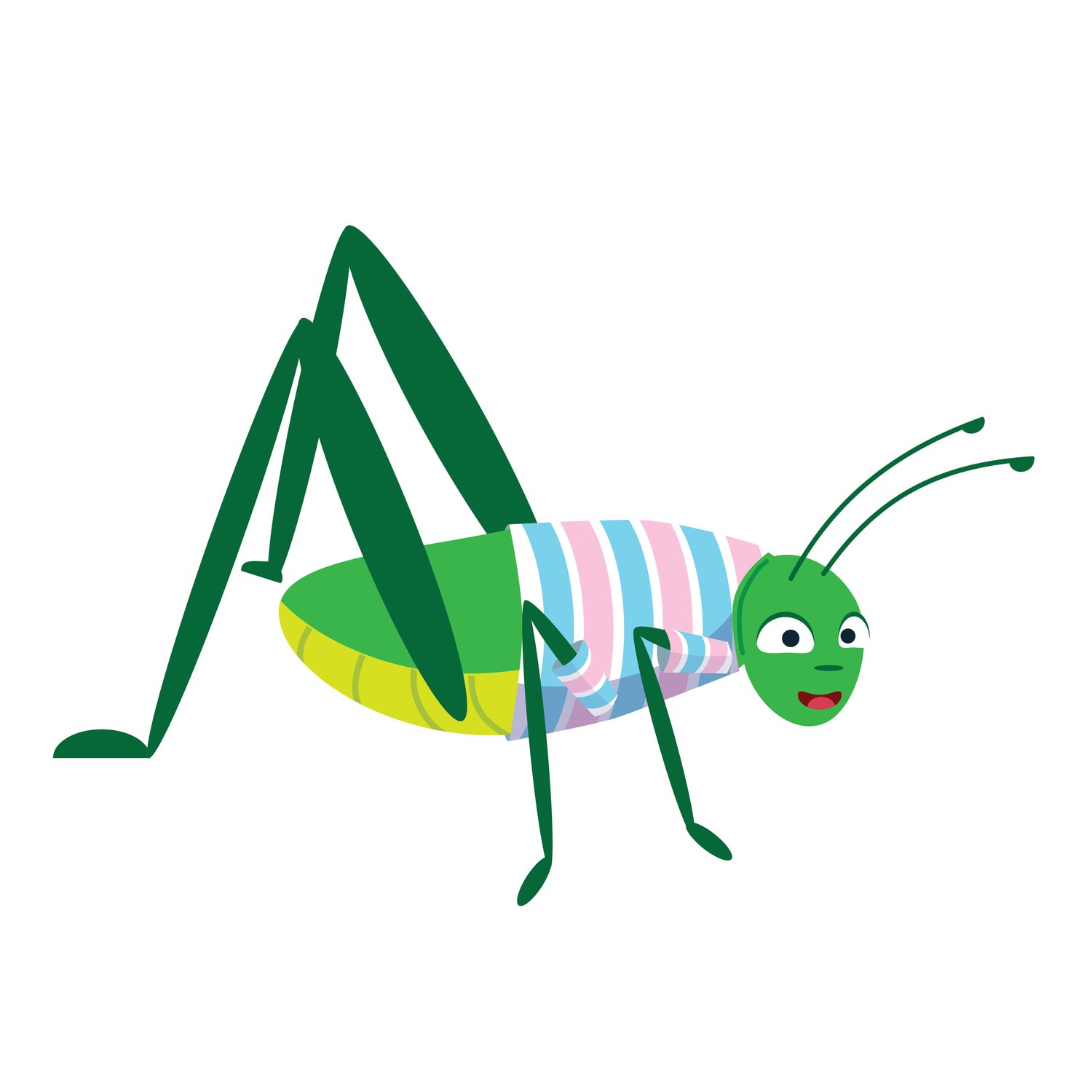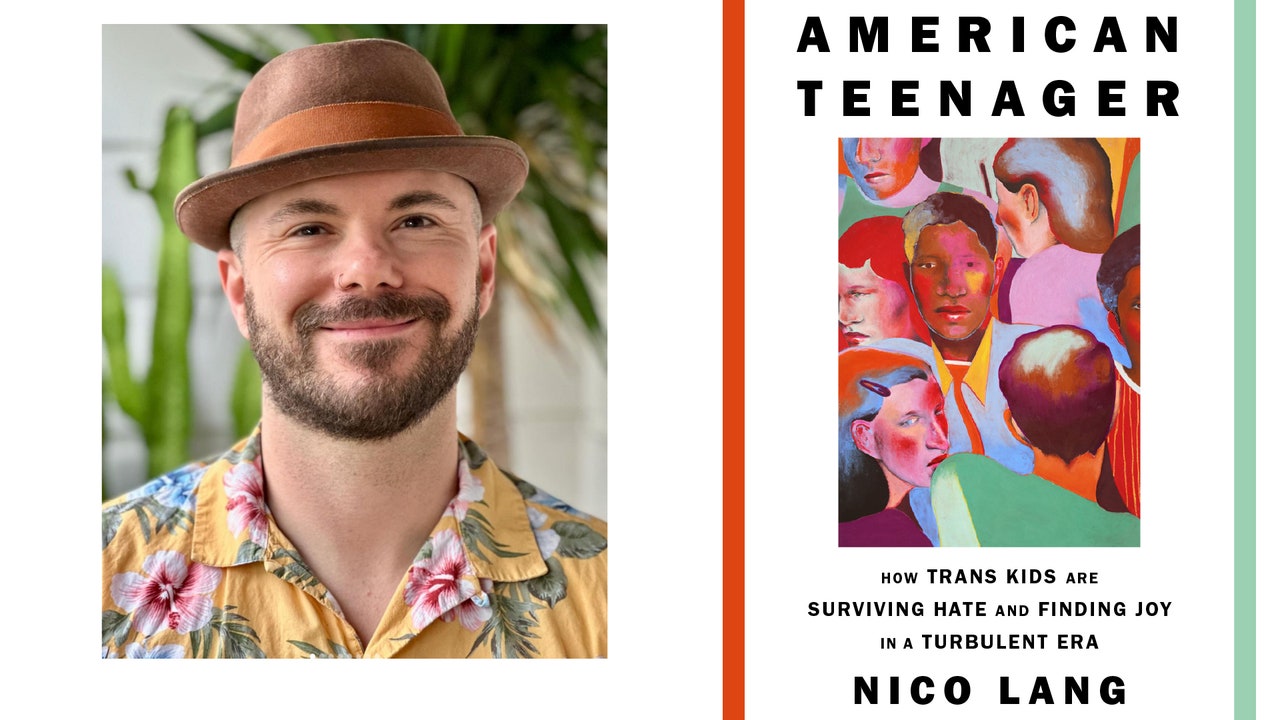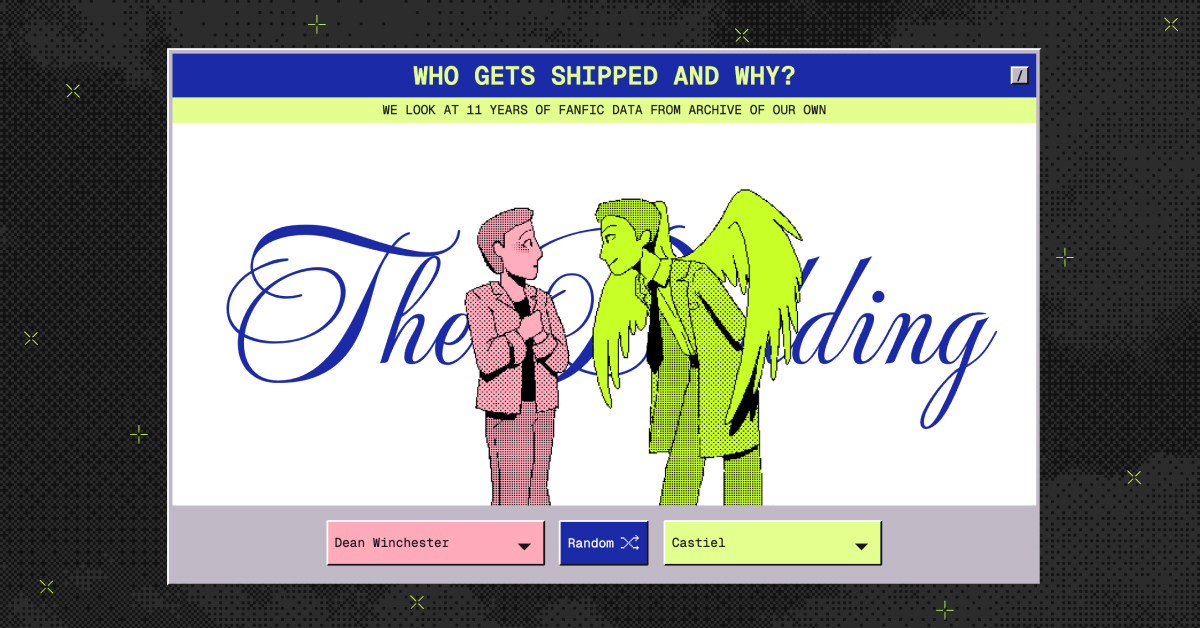alyaza [they/she]
internet gryphon. admin of Beehaw, mostly publicly interacting with people. nonbinary. they/she
- 51 Posts
- 3 Comments

 16·13 days ago
16·13 days ago

 0·3 months ago
0·3 months agoAccording to Kristen McLean, an industry analyst, two-thirds of the books released by the top-ten trade publishers sell fewer than a thousand copies, and less than four per cent sell more than twenty thousand. Still, it’s generally agreed that book sales rose after 2019 and that, since the end of the pandemic, there has been a small but significant uptick in the number of independent bookstores. Explaining the first bump seems simple enough. Reading turned out to be a popular way of passing the time in lockdown, more respectable than binge-watching or other diversions one might think of. A slight decline in sales over the past couple of years suggests that people felt freed up to go out and play pickleball instead of staying home and trying to finish “War and Peace.”
The chief rationale offered for brick-and-mortar bookstores today is that they are community-building spaces. That is how Friss describes the Three Lives bookstore—forgive me, shop—and it’s how almost all the store owners in “The Secret Lives” (and many of the librarians) explain what they do and why it gives them satisfaction. They are practitioners of bibliotherapy. They introduce people to books that will help them overcome grief or minister to confusions about life choices or personal identity.
And the stores are fashioned to be neighborhood gathering places, like park playgrounds. They welcome everyone—toddlers, oddballs, and professors. They schedule author appearances and other events, often hundreds of them a year. Regulars drop in to chat about books. With any luck, there is a café. Nowadays, this is as true of Barnes & Noble chain stores as it is of Three Lives. That is what it means to run a bookstore. The rewards are not just material. The bookstore survives by redefining itself.

 10·3 months ago
10·3 months agostepping in here to say: you are not making a very good impression in this thread. people are trying in good faith to explain why you are mistaken here—and how even biological sex is better understood as bimodal rather than binary—and you keep going to somewhat eyebrow-raising, contrarian places and not really engaging with their arguments. we are permissive to a degree of ignorance/lack of knowledge/genuine curiosity that might be prickly for some people, but your current conduct in this thread is pushing the line and likely to get you removed from at least this section if you continue.















